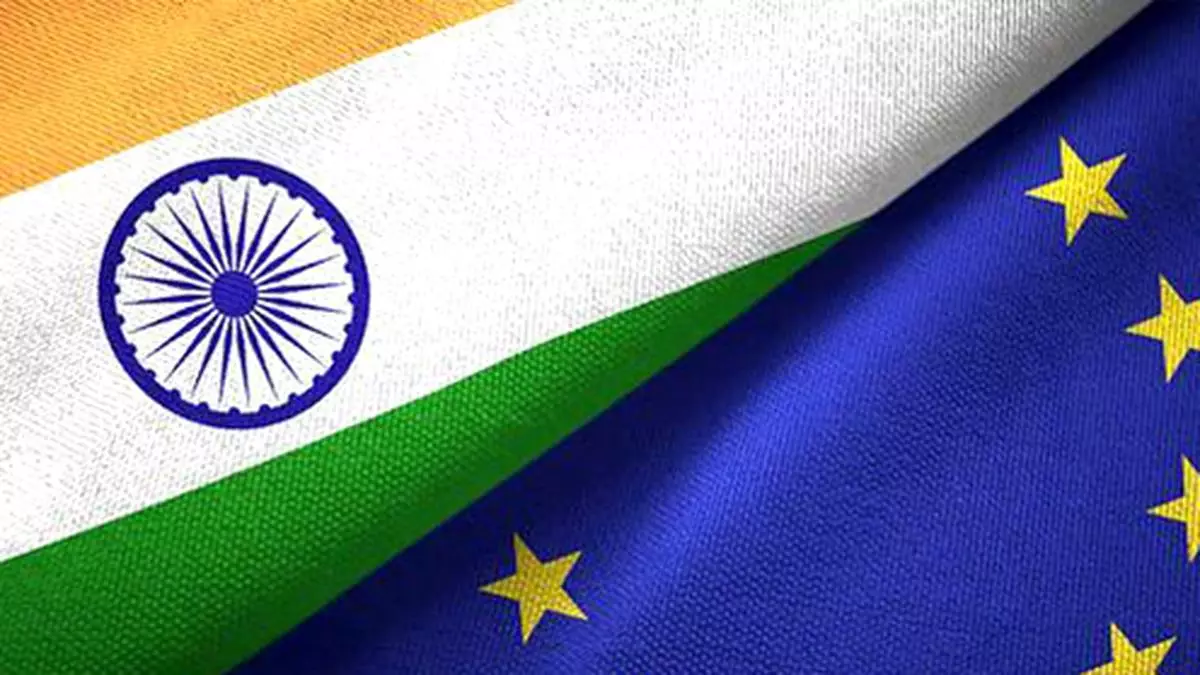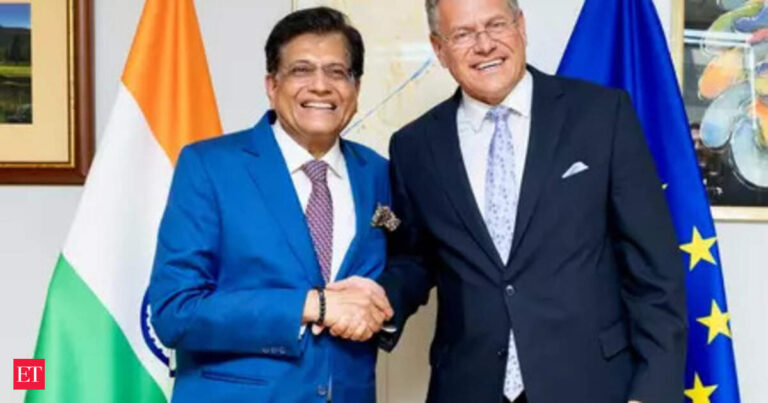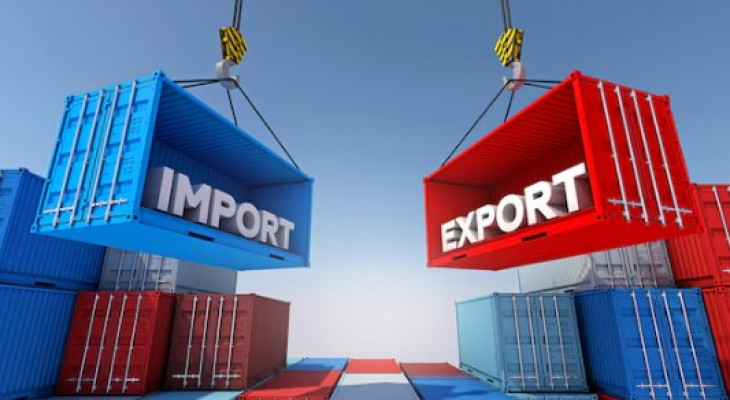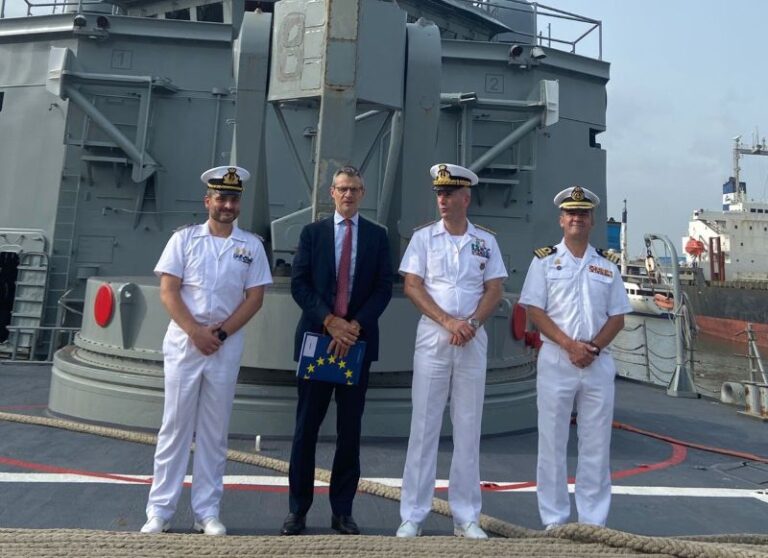
The proposed India-EU (ALE) free trade agreement is likely to focus on the liberalization of investments, including rules guiding direct foreign investments, while keeping investment protection and arbitration outside the pact, To negotiate separately in a bilateral investment treaty (ILB), according to sources.
New Delhi cannot obtain a minimum EU investment commitment, as he entered his ALE with the European Free Trade Association (EFTA) including Switzerland, Iceland, Norway and Liechtenstein, added the source. Indeed, such important commitments fall into the jurisdiction of the Member States.
“Negotiations on investments with the EU are divided into two parties. The BIT on protection and arbitration will occur separately as part of a little. The FTA will focus on the liberalization of investments, which consists in facilitating the FDI. Both are defined to be completely dissociated, ”said the source.
-
Read also: No CBAM exemption for India but the EU ready for flexibilities
The bits are agreements between two countries for the protection of investments in the territories of the other and ensures a minimum level of treatment and non-discrimination.
The Ministry of Finance is in favor of Bits to negotiate separately from ALF because it does not want investment protection and arbitration to be part of an umbrella pact. He communicated the same thing to the Ministry of Commerce.
In order to verify the multinationals who filed affairs against India with international arbitration courts, which has led to major losses for the country in the past, the Ministry of Finance has formulated a model of model in 2016 . It ended a large number of bits, including those with European countries, and looked for new bits that take after the 2016 model.
“There are many fundamental differences between the EU and India on how arbitration must be treated in the bits. But both want the bit to be separated, “said the source.
-
Read also: India-EU FTA: The Commerce Department asks the industry to underline the flexibility required in the rules of origin
Key reason
One of the reasons why the EU wants a separate investment protection pact, which would not be linked to the FTA, it is because such an agreement could then be finalized whatever the pace of the talks of the ALE.
“In ALE negotiations, the EU pushes binding commitments within the limits of the IED from India in areas where it has fully liberalized while pushing for more where there is a range . The binding commitments will guarantee that there is no change in policy unfavorable in the future, “said the source.
While India would have liked to impose a minimum investment commitment condition on the EU, the Ale orchestra with EFT, there are legal obstacles. “India understands that such a request will not steal with the EU because of its laws which put the question in the jurisdiction of individual states,” added the source.
Interestingly, India-Efta Ale, recently signed, also deals with the promotion and facilitation of investments and does not contain investment protection and arbitration characteristics.
After a difference of nine years, India and the EU officially relaunched negotiations for an ALE in June 2022. Distinct discussions were also launched on agreements for investment protection and geographic indications, but for a certain Time, there was a lack of clarity on the question of whether the ALE and the investment protection agreement would be concluded simultaneously.


